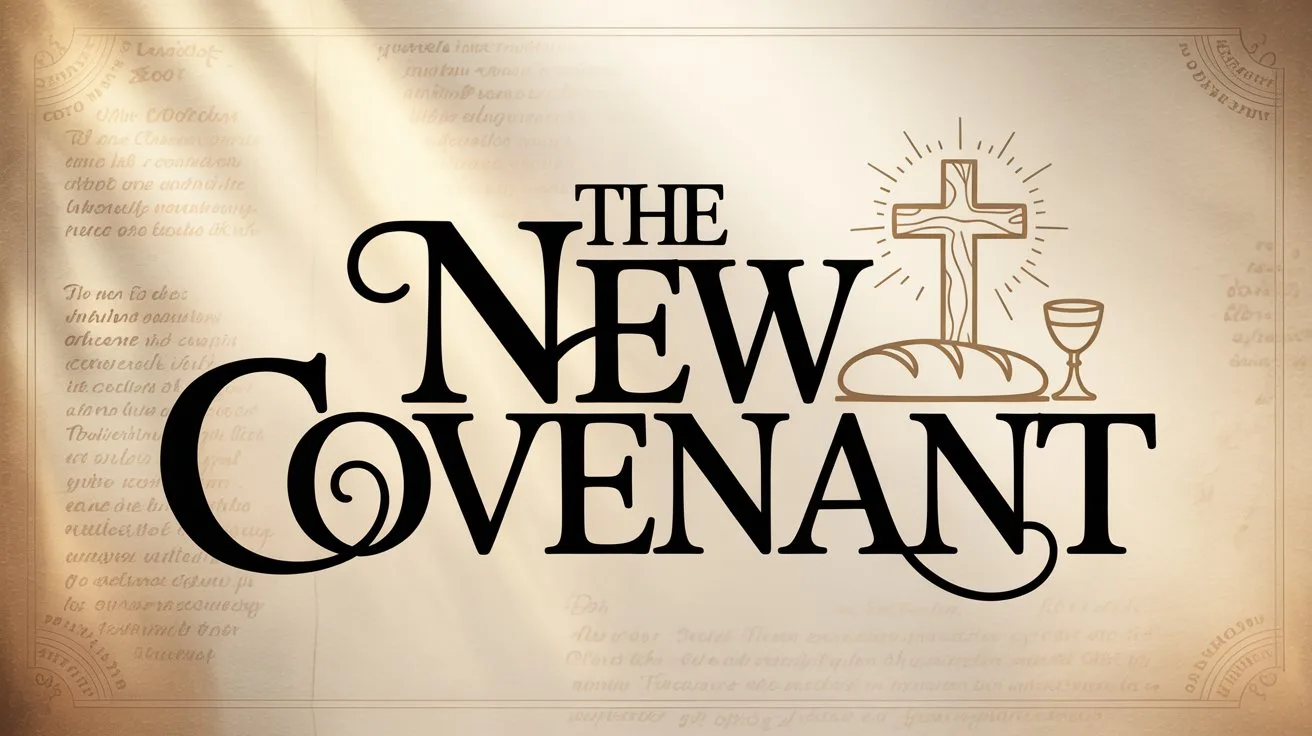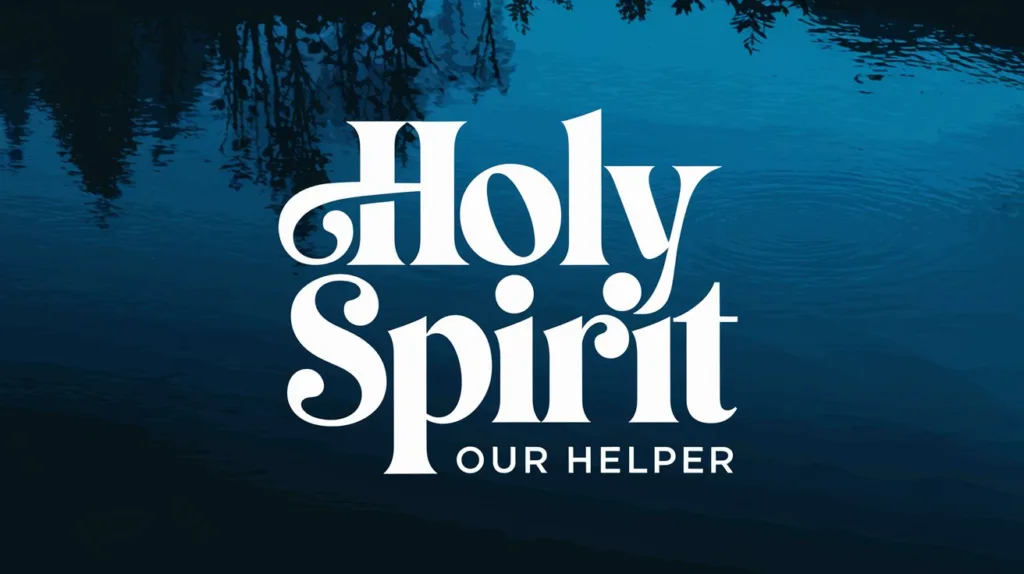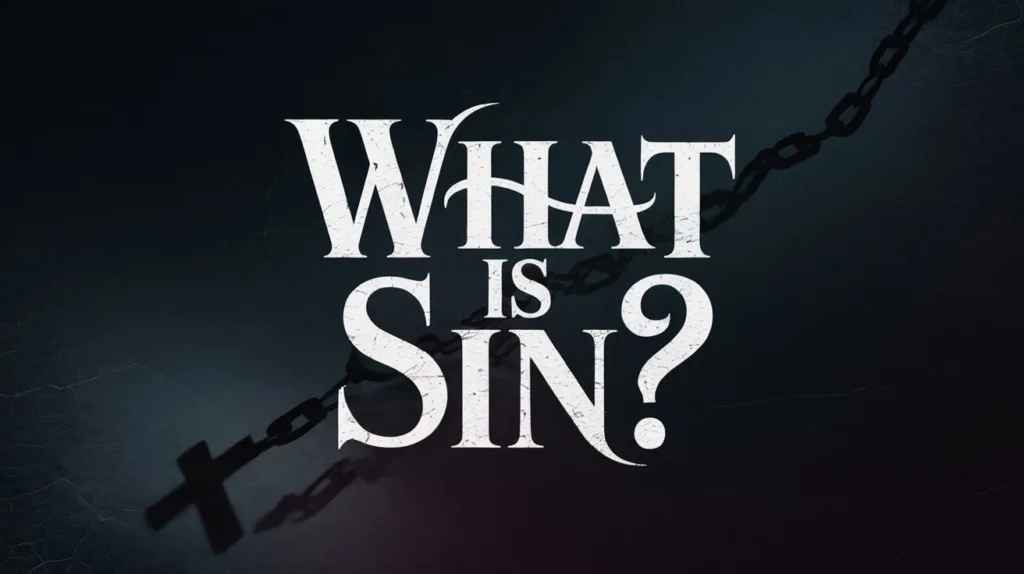The New Covenant is the climax of God’s redemptive plan. All previous covenants, the Noahic, Abrahamic, Mosaic, and Davidic. They all point forward to this covenant, which is established through Jesus Christ and sealed in His blood. This is the covenant of grace in its fullness, offering forgiveness, transformation, and eternal life. Let us examine its foundation, promises, and what it means for us today.
The Need for a New Covenant
The Mosaic Covenant, though holy and good, could not save. It revealed sin but could not remove it (Romans 3:20; Hebrews 10:1). Israel repeatedly broke the Law, proving that human effort cannot produce righteousness. God, through Jeremiah, promised something greater:
“Behold, the days are coming, says the LORD, when I will make a new covenant with the house of Israel and with the house of Judah—not according to the covenant that I made with their fathers… My covenant which they broke… But this is the covenant that I will make… I will put My law in their minds, and write it on their hearts; and I will be their God, and they shall be My people… For I will forgive their iniquity, and their sin I will remember no more.”
(Jeremiah 31:31–34)
The old covenant depended on man’s obedience; the New Covenant depends entirely on God’s grace. It does not merely give laws to follow, it gives new hearts to obey.
The Covenant Announced by Christ
On the night before His crucifixion, Jesus declared the inauguration of this covenant at the Last Supper:
“This cup is the new covenant in My blood, which is shed for you.”
(Luke 22:20)
The sign of this covenant is not a rainbow, circumcision, or Sabbath, it is the cup of communion, symbolizing Christ’s blood poured out for the forgiveness of sins (Matthew 26:28). Every time believers share the Lord’s Supper, they proclaim His death and the New Covenant in His blood (1 Corinthians 11:25–26).
The Promises of the New Covenant
The New Covenant brings blessings far surpassing the old:
Forgiveness of sins: “For I will forgive their iniquity, and their sin I will remember no more.” (Jeremiah 31:34)
New hearts and the indwelling Spirit: “I will give you a new heart and put a new spirit within you.” (Ezekiel 36:26)
Direct relationship with God: No more earthly mediators, Christ is the Mediator (Hebrews 8:6).
Eternal inheritance: “He is the Mediator of the new covenant… that those who are called may receive the promise of the eternal inheritance.” (Hebrews 9:15)
The old covenant was written on tablets of stone; the New Covenant is written on hearts by the Spirit (2 Corinthians 3:3). It transforms from the inside out.
The Blood That Seals the Covenant
Every covenant required blood. The Mosaic Covenant was ratified with the blood of animals (Exodus 24:8). The New Covenant was sealed with the blood of the Son of God:
“Not with the blood of goats and calves, but with His own blood He entered the Most Holy Place once for all, having obtained eternal redemption.”
(Hebrews 9:12)
Christ is both the sacrifice and the High Priest of this covenant. His blood does what animal sacrifices never could: remove sin completely and forever (Hebrews 10:14).
The Fulfillment of Every Promise
The New Covenant fulfills the promises of all previous covenants:
Noahic Covenant promised preservation of life: Christ gives eternal life (John 10:28).
Abrahamic Covenant promised blessing to all nations: Christ is that blessing (Galatians 3:14, 16).
Mosaic Covenant revealed holiness: Christ fulfills the Law in us (Romans 8:4).
Davidic Covenant promised an eternal King: Christ is that King forever (Luke 1:32–33).
All the promises of God find their “Yes” and “Amen” in Christ (2 Corinthians 1:20).
The Sign of the Covenant
The sign of the New Covenant is the cup at the Lord’s Table, a continual reminder of the price of our redemption. Jesus said:
“For this is My blood of the new covenant, which is shed for many for the remission of sins.”
(Matthew 26:28)
Just as the rainbow reminded Noah, circumcision marked Abraham, and Sabbath identified Israel, the cup reminds us that our salvation is anchored in Christ’s blood. The Greek word for covenant here, diathēkē, emphasizes a binding will or testament. It is sealed, irrevocable, and guaranteed by Christ’s death.
What It Means for Us Today
The New Covenant means we live under grace, not law (Romans 6:14). Our standing with God is not based on our performance but on Christ’s finished work. We have complete forgiveness, a new heart, the indwelling Spirit, and eternal security in Christ.
This covenant also calls us to faith and obedience. Not to earn favor, but because we are transformed by grace. It gives us bold access to God’s throne (Hebrews 4:16) and the hope of an unshakable kingdom (Hebrews 12:28).
One day, this covenant will be fully realized when Christ returns and we share in the marriage supper of the Lamb (Revelation 19:9). Until then, every time we partake of the bread and the cup, we proclaim: Jesus died, Jesus rose, and Jesus is coming again.
My Final Thoughts
The New Covenant is the heart of the Gospel. It is the covenant of blood, grace, and eternal hope. Every other covenant pointed to this moment, when God Himself would come down, shed His blood, and reconcile us to Himself. If you are in Christ, you are in this covenant forever. Nothing can break it, because it was sealed by the unchanging God who cannot lie.
When you take the Lord’s Supper, remember: this is not a ritual; it is a declaration that you belong to the covenant people of God, purchased by the blood of the Lamb. Live in that reality, and rejoice in the grace that will never let you go.





 Get the book that teaches you how to evangelize and disarm doctrines from every single major cult group today.
Get the book that teaches you how to evangelize and disarm doctrines from every single major cult group today.